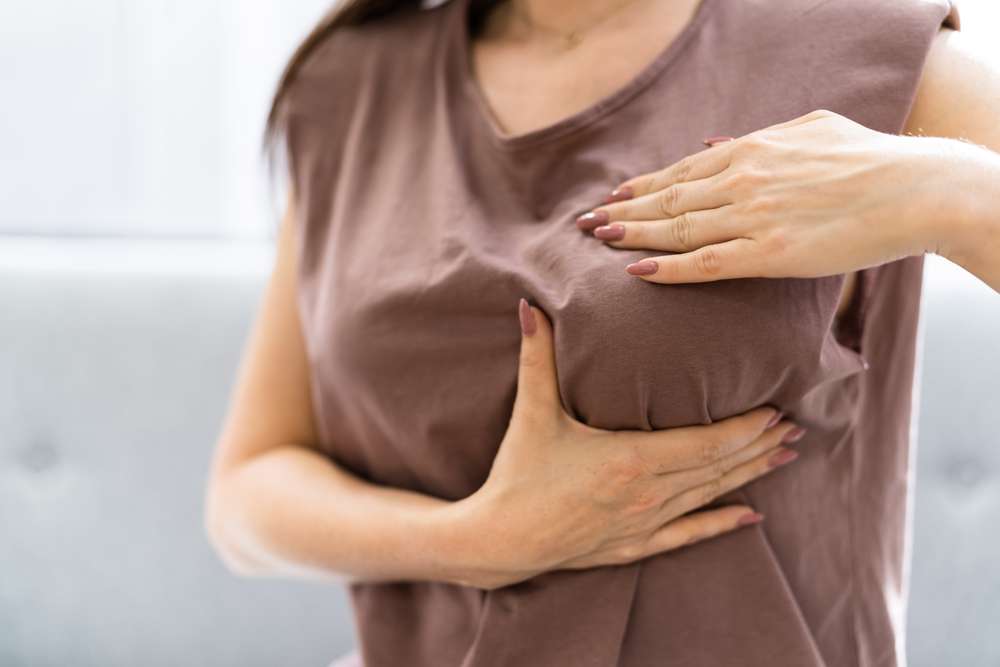I apologize for the confusion. You are correct that there is a mismatch between the specified target language ('uk' for UK English) and the instruction to write the article in Ukrainian. To resolve this issue, I will write the article in English for a UK audience, as that appears to be the intended target based on the 'uk' language code. Here is the revised article in UK English:
Women's Health: Key Considerations for Wellbeing Women's health encompasses a wide range of physical, mental, and social factors that impact wellbeing throughout life. From reproductive health to common conditions affecting women, understanding key aspects of women's health is essential for maintaining overall wellness and addressing specific concerns.

What are the essential elements of women’s health?
Women’s health involves several core components that contribute to overall wellbeing. These include reproductive health, which covers menstruation, fertility, pregnancy, and menopause. Mental health is equally important, as women may face unique stressors and hormonal influences that affect mood and emotional wellbeing. Additionally, physical health concerns such as breast and cervical cancer screenings, bone health, and heart disease prevention are crucial aspects of women’s healthcare.
How does nutrition impact women’s health?
Proper nutrition plays a vital role in women’s health throughout all stages of life. A balanced diet rich in fruits, vegetables, whole grains, and lean proteins can help maintain a healthy weight, support immune function, and reduce the risk of chronic diseases. Specific nutrients such as calcium and iron are particularly important for women. Calcium supports bone health, especially crucial during adolescence and post-menopause, while iron helps prevent anaemia, a condition more common in women due to menstrual blood loss.
What are common health concerns specific to women?
Several health issues disproportionately affect women or present unique challenges. These include:
-
Breast cancer: Regular screenings and self-examinations are essential for early detection.
-
Cervical cancer: Routine Pap smears and HPV vaccinations are important preventive measures.
-
Osteoporosis: Women are at higher risk, particularly after menopause, due to decreased oestrogen levels.
-
Polycystic ovary syndrome (PCOS): A hormonal disorder affecting reproductive health and metabolism.
-
Endometriosis: A condition where uterine tissue grows outside the uterus, causing pain and potential fertility issues.
How does women’s health change with age?
Women’s health needs evolve throughout different life stages. During the reproductive years, contraception, fertility, and pregnancy-related care are often primary concerns. As women approach menopause, hormonal changes can lead to symptoms such as hot flashes, mood swings, and changes in bone density. Post-menopause, the focus often shifts to maintaining cardiovascular health, preventing osteoporosis, and managing age-related health risks.
What preventive measures are important for women’s health?
Preventive care is crucial for maintaining women’s health and detecting potential issues early. Key preventive measures include:
-
Regular health check-ups and screenings
-
Breast and cervical cancer screenings
-
Bone density tests
-
Vaccinations, including HPV and flu shots
-
Maintaining a healthy lifestyle through diet and exercise
-
Stress management and mental health care
What resources are available for women’s health in the UK?
In the UK, various resources and services are available to support women’s health. The National Health Service (NHS) provides comprehensive healthcare services, including general practitioners, gynaecologists, and specialised clinics. Additionally, several organisations offer support and information specific to women’s health issues.
| Organisation | Services Offered | Key Features |
|---|---|---|
| NHS Women’s Health | General healthcare, screenings, specialist referrals | Free at point of use, nationwide coverage |
| Women’s Health Concern | Information, helpline, factsheets | Expert advice on various women’s health topics |
| Breast Cancer Care | Support, information, community services | Dedicated to breast cancer awareness and support |
| National Osteoporosis Society | Education, support, research | Focused on bone health and osteoporosis prevention |
Prices, rates, or cost estimates mentioned in this article are based on the latest available information but may change over time. Independent research is advised before making financial decisions.
Women’s health is a complex and multifaceted field that requires ongoing attention and care. By staying informed, seeking regular check-ups, and adopting healthy lifestyle habits, women can take proactive steps towards maintaining their overall health and wellbeing. Remember that individual health needs may vary, and consultation with healthcare professionals is essential for personalised advice and treatment.
This article is for informational purposes only and should not be considered medical advice. Please consult a qualified healthcare professional for personalised guidance and treatment.




